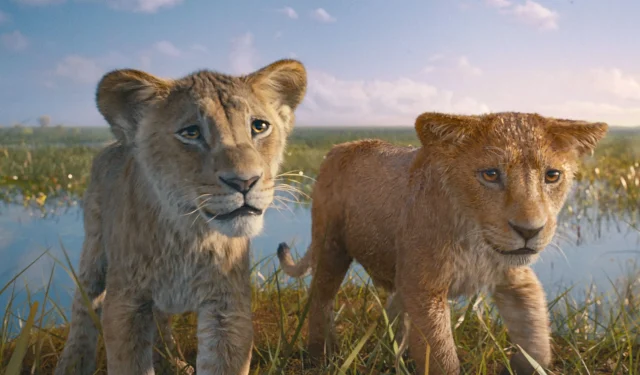
Warning: this article contains spoilers for Mufasa: The Lion King. The latest addition to Disney’s live-action lineup, Mufasa: The Lion King, serves as a prequel to the 2019 remake of The Lion King. Setting itself apart from its predecessor, this film presents a unique narrative that explores the origins of the iconic characters, Scar and Mufasa, shedding light on their rise to power. Notably, the backstory of Mufasa presents a character arc that contrasts sharply with Simba’s journey in the original tale.
While many characters are recognizable, the narrative trajectory in Mufasa: The Lion King diverges significantly from the earlier adaptation, which was a near shot-for-shot retelling. Reception for this new installment has yielded mixed reviews, echoing the responses to The Lion King. Despite its imperfections, the film successfully introduces a fresh storyline that deepens the audience’s understanding of Mufasa, distinctly setting him apart from Simba.
The Lion King’s Prequel Confirms Mufasa’s Non-Royal Heritage
Mufasa’s Origins Diverge Sharply From Simba’s
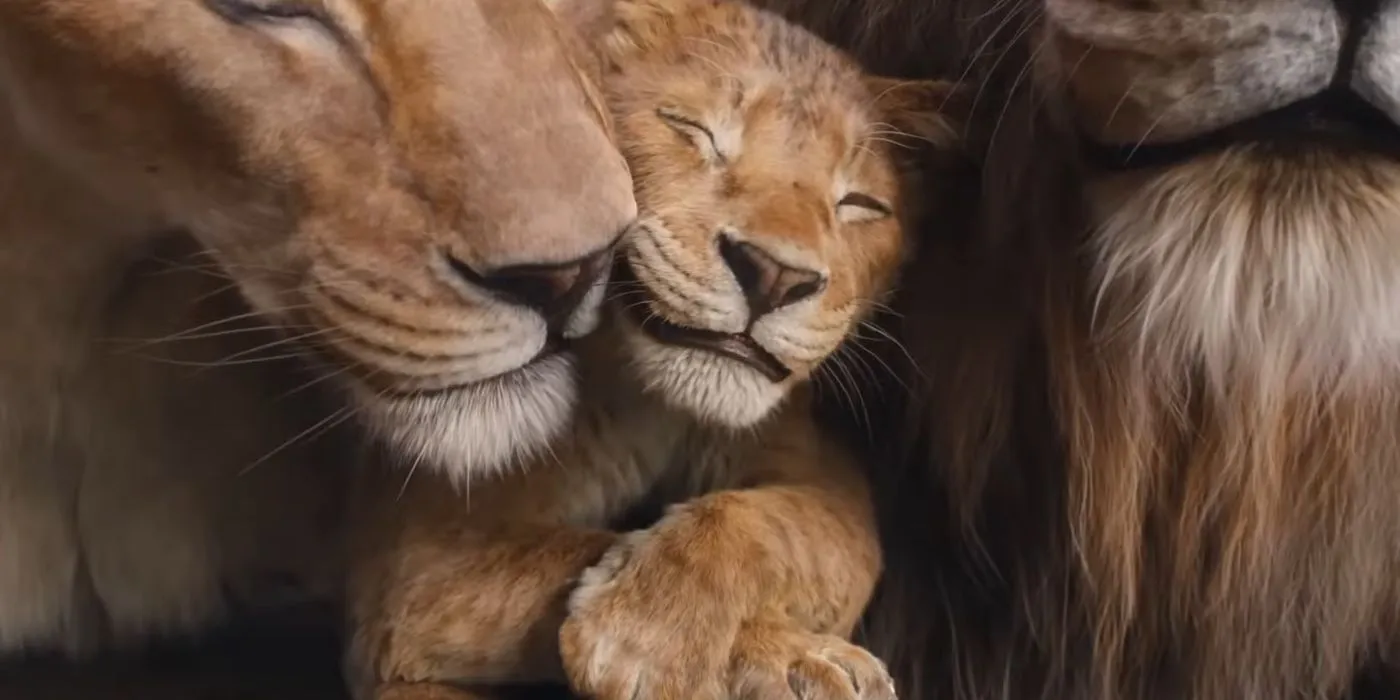
The crux of Mufasa’s narrative centers on his humble beginnings: he was not born into royalty but came from a pack without a pride. His path to kingship is forged through his actions and innate qualities, rather than the circumstances of his birth. In stark contrast, Simba was born into royalty, destined to inherit the throne simply by virtue of his lineage.
Despite their different origins, both characters ultimately earn the love of their subjects through their actions, making their journeys equally significant. The stark contrasts in their births lead to diverse character arcs, yet they culminate in a shared legacy as beloved kings—a testament to their accomplishments rather than their heritage.
Mufasa & Simba: Divergent Perspectives on Kingship
Mufasa’s Acceptance vs. Simba’s Aspiration
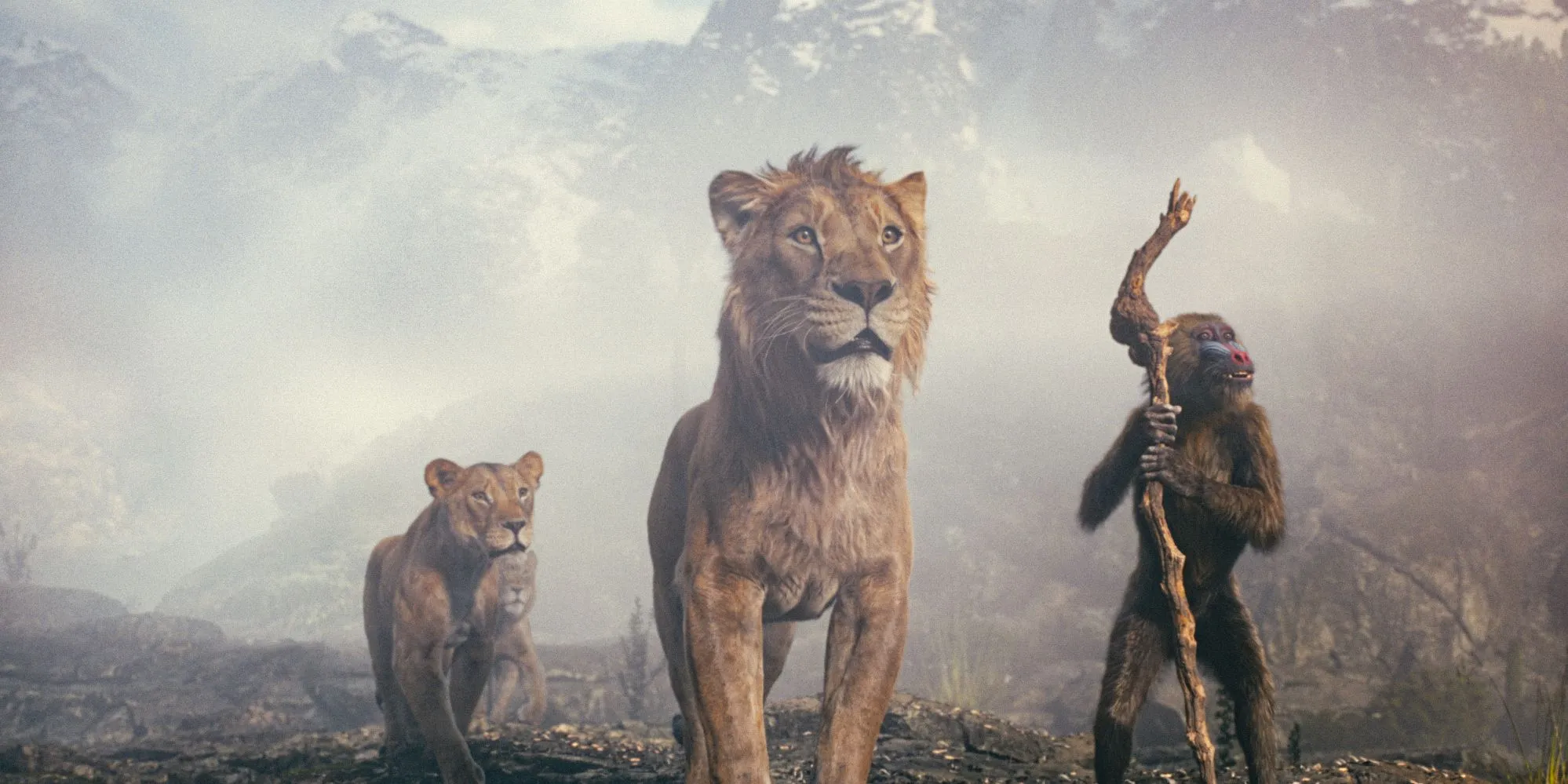
Interestingly, Mufasa and Simba harbored distinctly different perspectives on kingship during their youth. Simba’s childhood was marked by a yearning to become king, symbolized throughout The Lion King by one of its most memorable songs. In contrast, Mufasa’s journey involves a reluctant acceptance of his royal duties, learning that he must embrace his role to safeguard those he loves. His upbringing in a non-royal family shapes his perspective, initially making him indifferent about the concept of kingship.
The stark difference between Mufasa’s and Simba’s approaches creates a compelling dynamic, enriching the narrative as a whole. If both characters had shared a similar eagerness for power, the story would lose much of its freshness. Instead, Mufasa’s reluctance adds depth, setting the stage for his character to evolve in ways that resonate with the audience.
Distinct Arcs: Simba’s Journey Compared to Mufasa’s
Different Paths, Shared Destinies
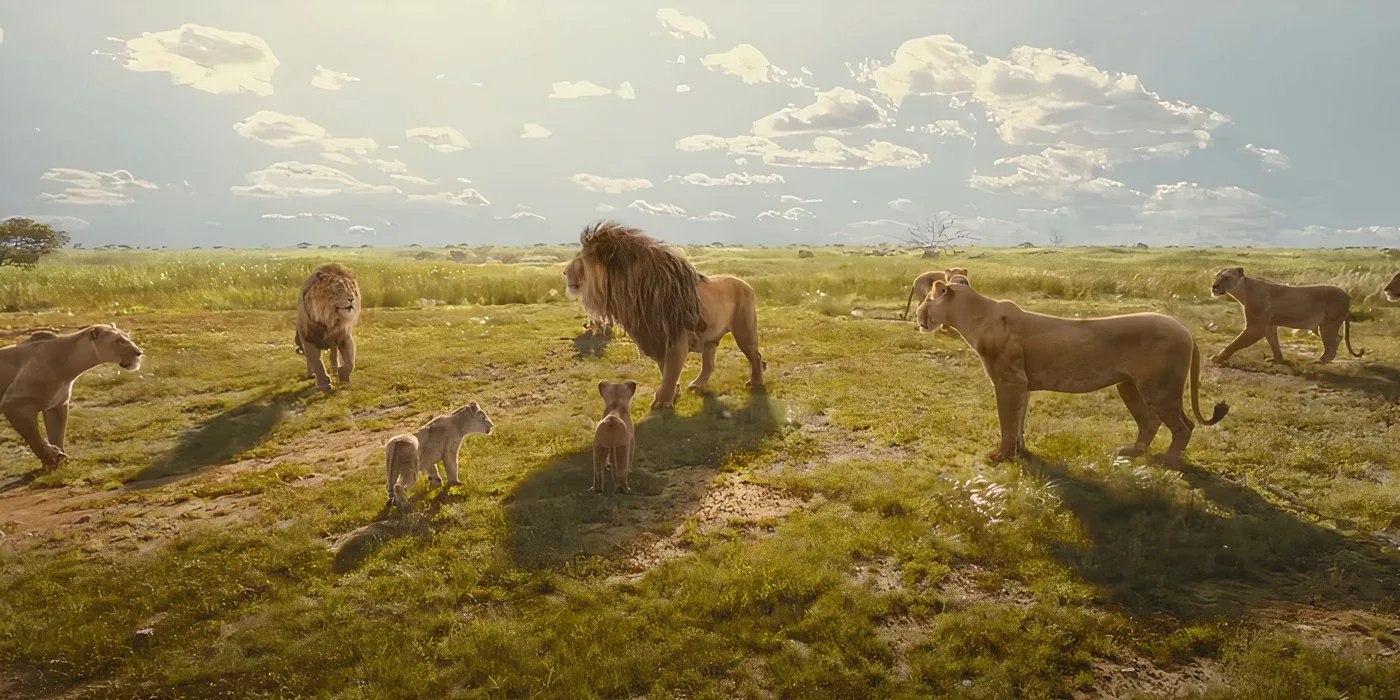
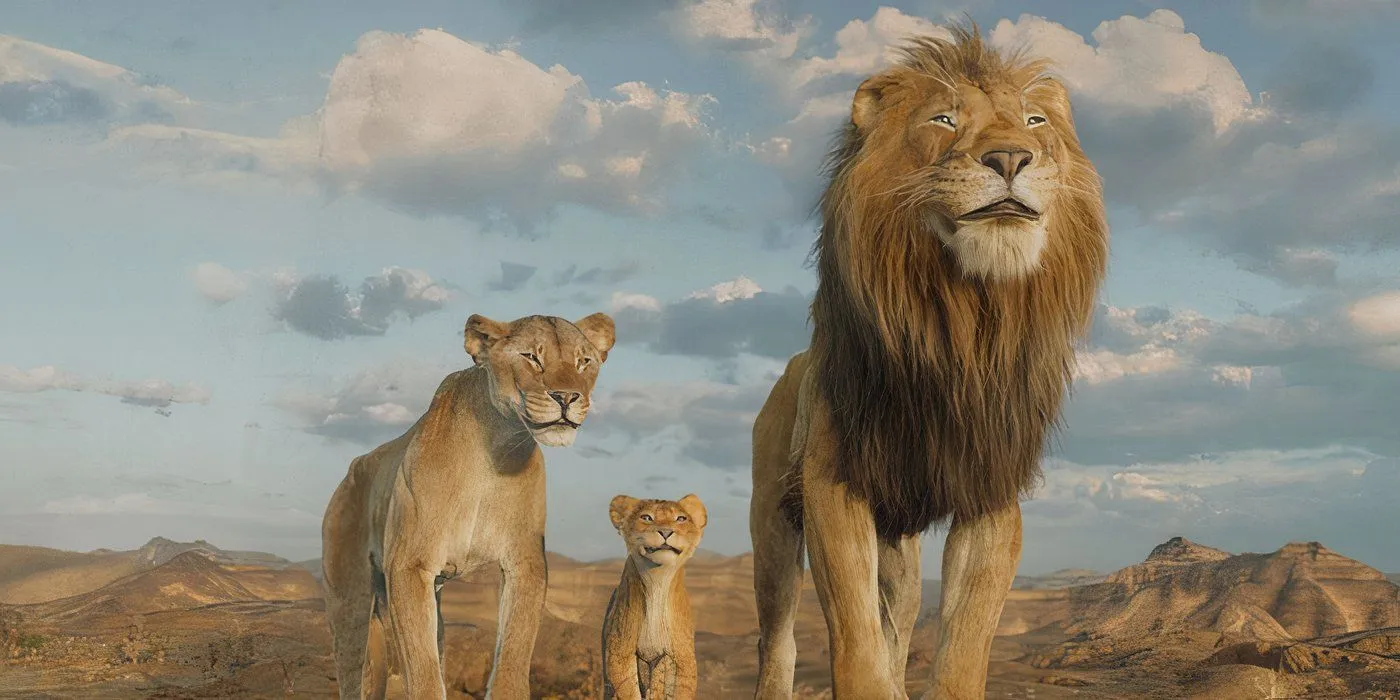
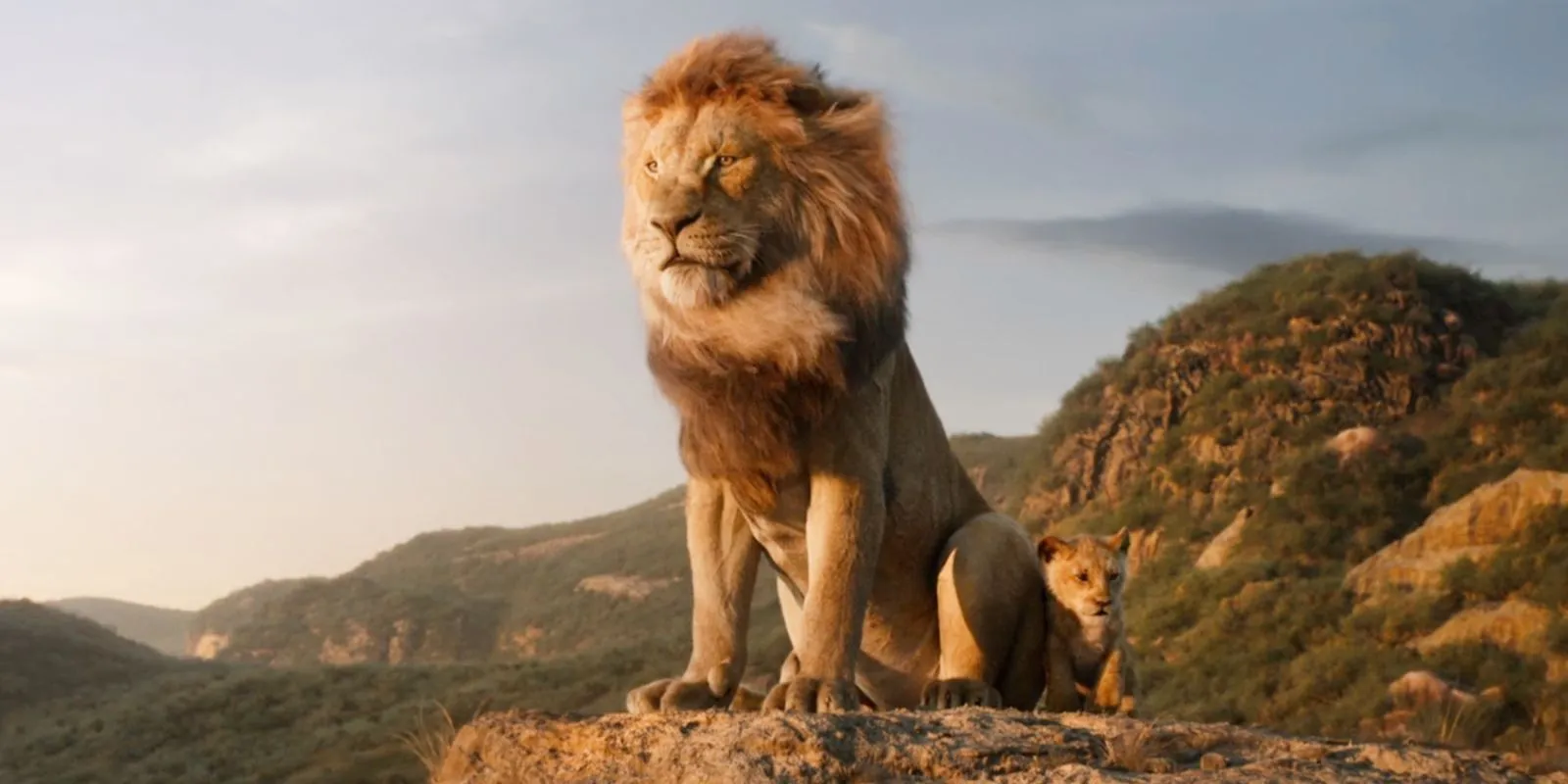
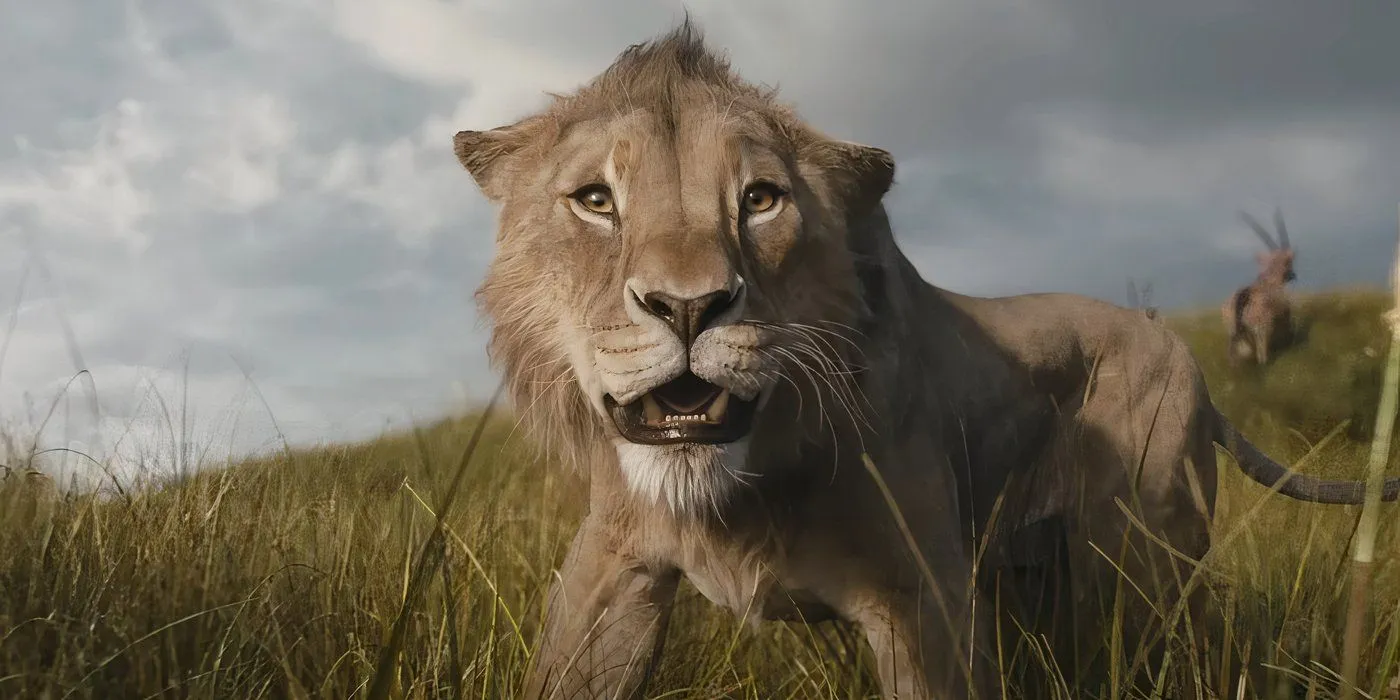
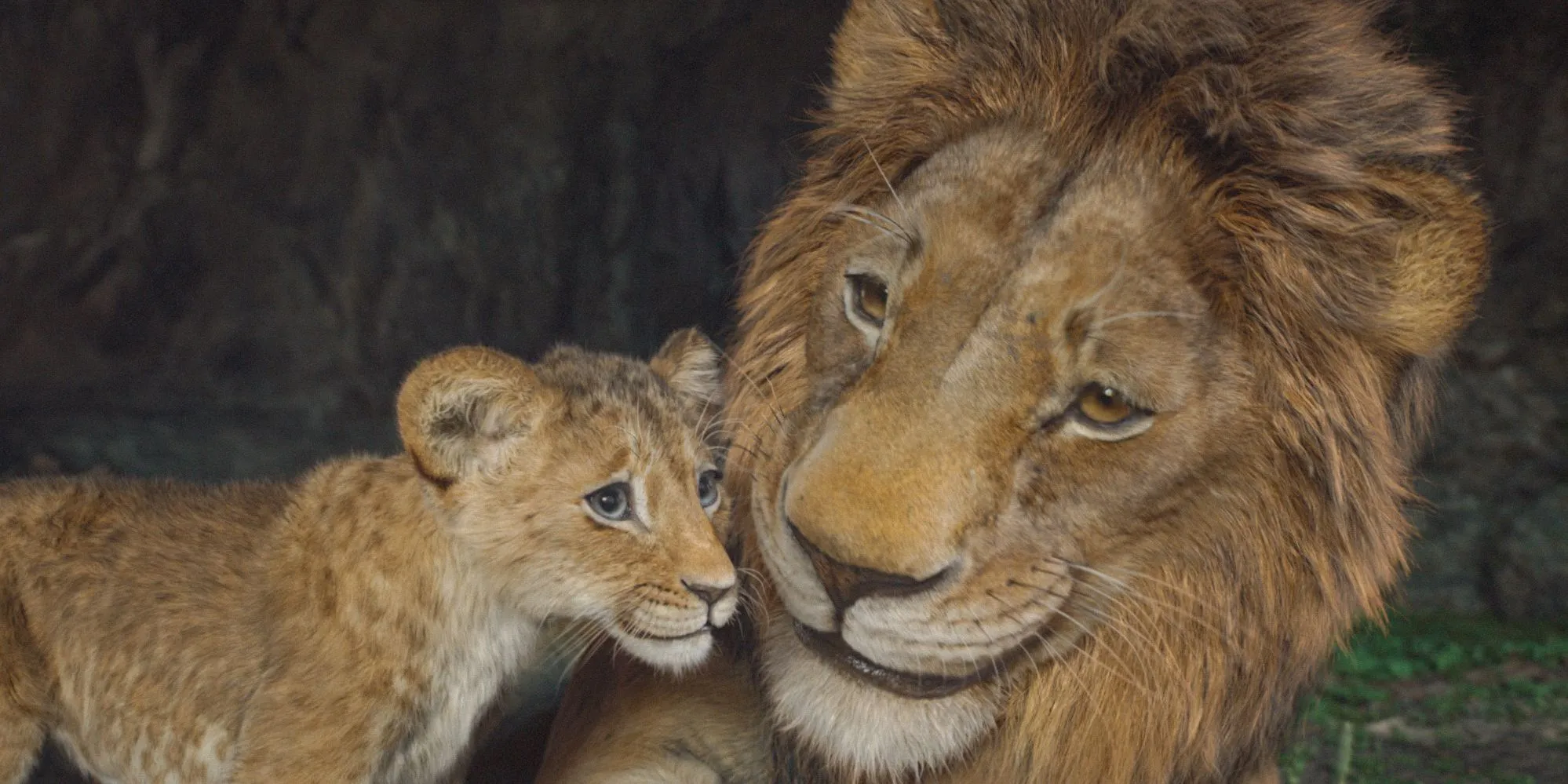
Although Mufasa and Simba’s arcs bear similarities, they differ significantly in key aspects. Simba’s journey in The Lion King largely revolves around his struggle to accept responsibility after escaping from his past with the help of Timon and Pumbaa. Conversely, Mufasa embodies a more consistent sense of duty, actively caring for those around him while facing the dangers posed by his adversary Kiros.
The portrayal of Scar in Mufasa: The Lion King serves to highlight these differences, as Scar is depicted as Mufasa’s foil—corrupted by his failures and ultimately turning malevolent. Mufasa’s narrative focuses on the trials of leadership, characterized by a series of challenges to his capabilities, contrasting sharply with Simba’s journey of self-discovery and reconciliation.




Leave a Reply